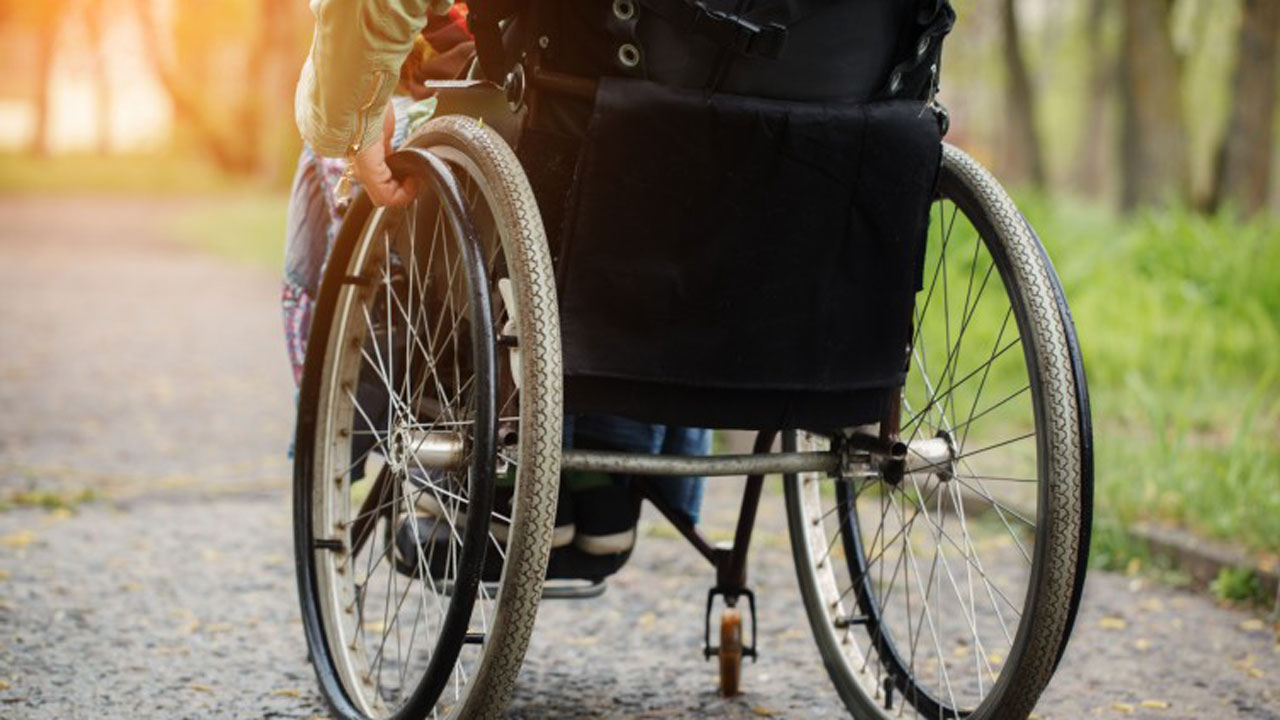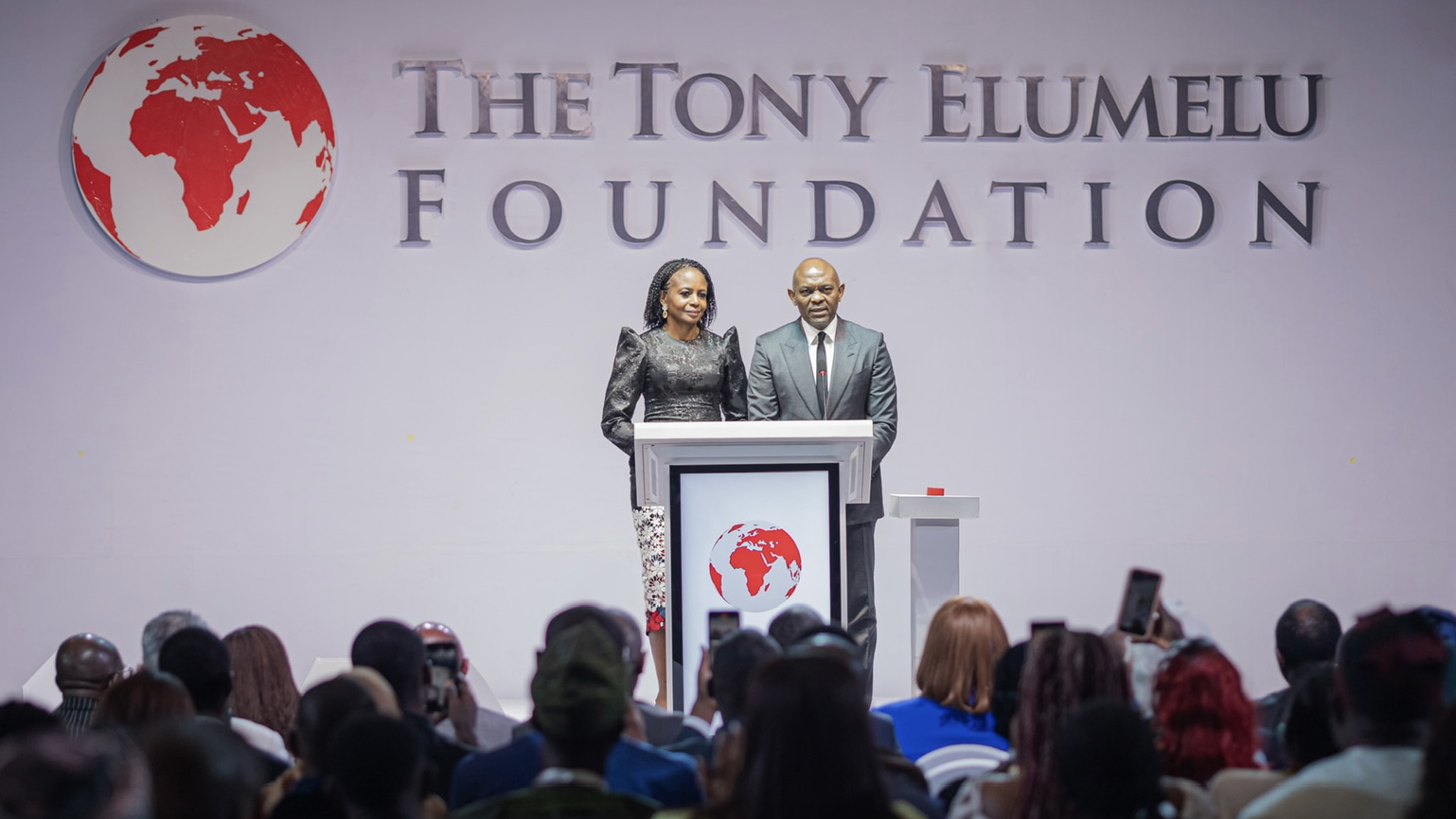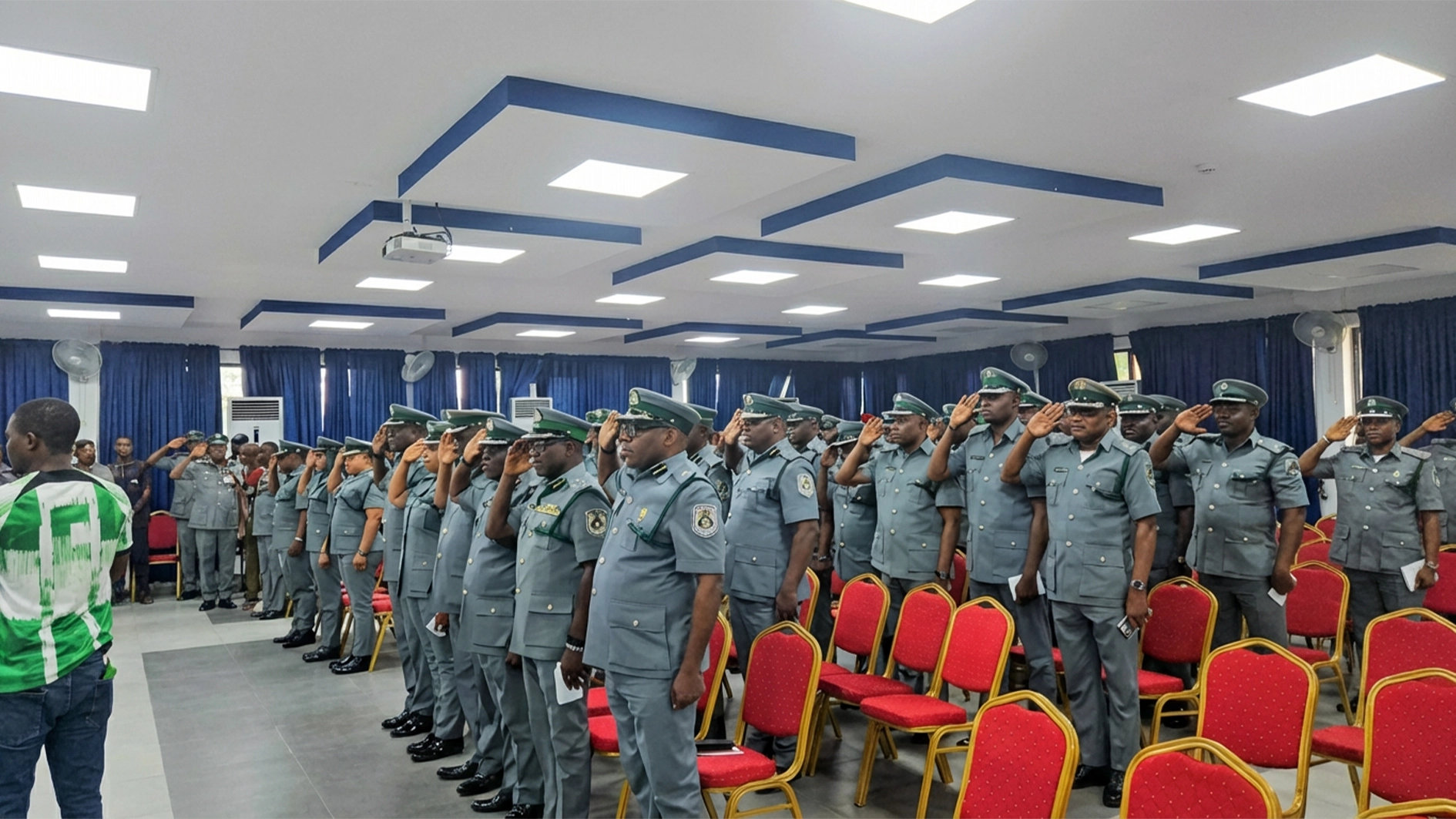
They made the call, yesterday, during a media briefing in celebration of the World Day of Social Justice, with the theme: “Empowering Inclusion: Bridging Gaps for Social Justice.”
The celebration, organised by Advocacy for Social Justice and Ethical Values Initiative (ASJEV) and in collaboration with Lagos State Public Service Staff Development Centre (PSSDC), focused more on albinos and dwarfs.
ASJEV Founder and Co-ordinator, Jokotola Ogundimu-Ojosipe, who was represented by ASJEV board member, Babatunde Oshodi, said despite the provision of Section 14 (1) of the 1999 Constitution (as amended), social injustice issues remain deeply rooted in Nigeria.
The challenges, according to the co-ordinator, include widespread inequality based on ethnicity, gender, religion and access to education and healthcare.
Ogundimu-Ojosipe added that corruption, political marginalisation, regional conflicts, and economic disparities further limit opportunities, especially for vulnerable groups.
The founder, therefore, called on other organisations with shared concerns to join in advancing the noble cause.
A professor of Sociology and Demography at the Lagos State University (LASU), Prof. Onipede Wusu, said Nigeria ranks low on social justice scale in the world.
The don stated that social justice is about fair and equitable distribution of opportunities, power, resources, services, rights and obligations to all people in the society regardless of age, ability, ethnicity or tribe, gender, language, political affiliation, religion, skin colour and status.
Also, Dr Awelenje Babatunde said: “Discrimination in education is common among children with albinism. In schools, they may not receive necessary accommodation because of their visual impairment. Classmates and their teachers may lack understanding and empathy, compounding their problems.”
He urged the Lagos State Government, in collaboration with media (electronic and print media), associations of PWAs in Lagos, and the non-governmental organizations (NGOs) dealing with albinism, to beef up public awareness campaigns to educate people about popular misconceptions about PWAs that tend to subject them to abuse, bullying, physical attacks and killing.
Babatunde, who also spoke on dwarfs, said they face a lot of challenges, such as chronic body pain, especially in achondroplasia, where 60-70 per cent suffer from back pain, which may impact their mental health, and may lead to frustration, anger, distress and suicide attempt.
Dr Elizabeth Olanike Oduwole, while speaking on the effect of armed conflicts on women and children, lamented that the effect results to education disruption, gender-based violence, economic hardship, as well as poverty psychological impacts, political exclusion and lack of representation, among others.






